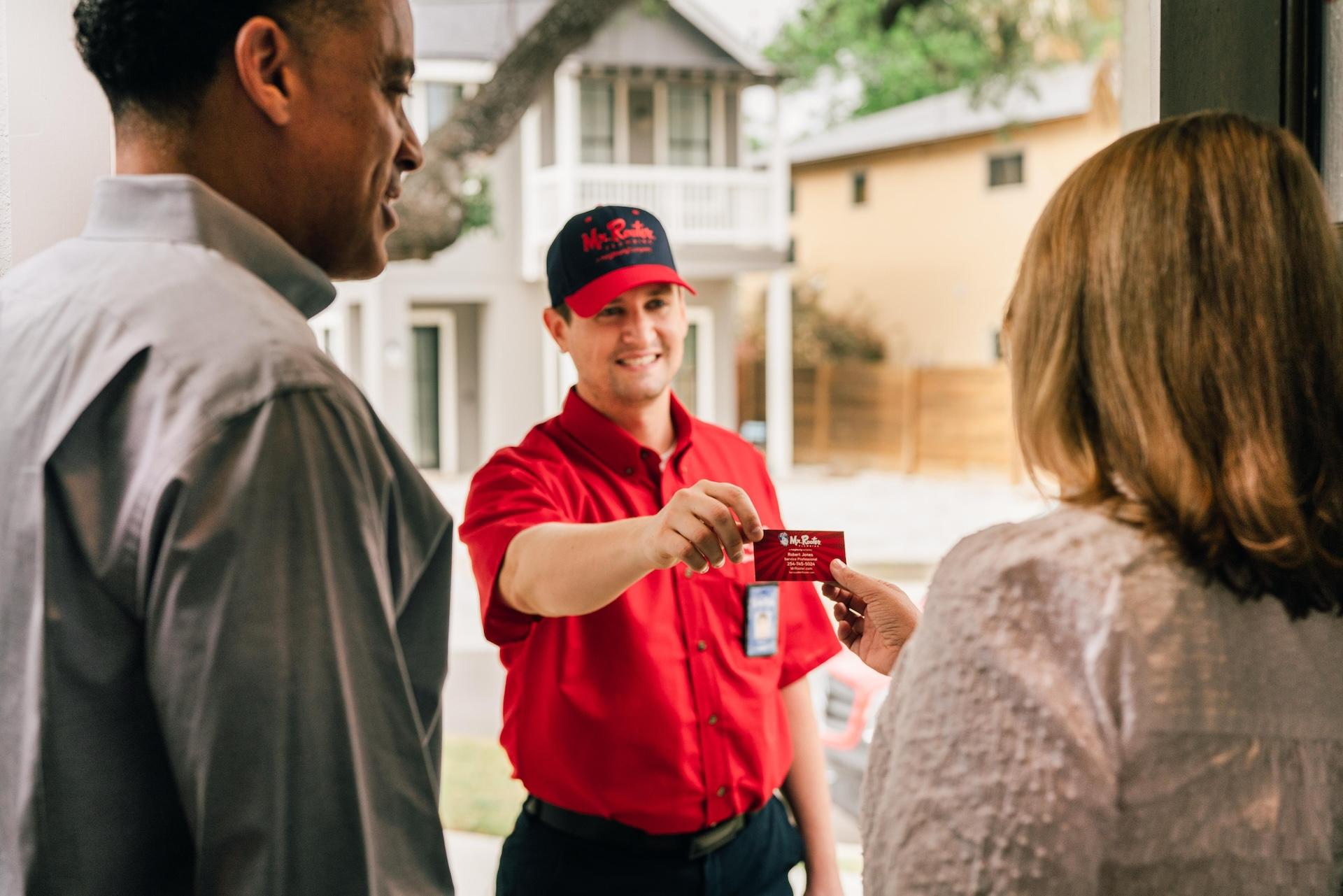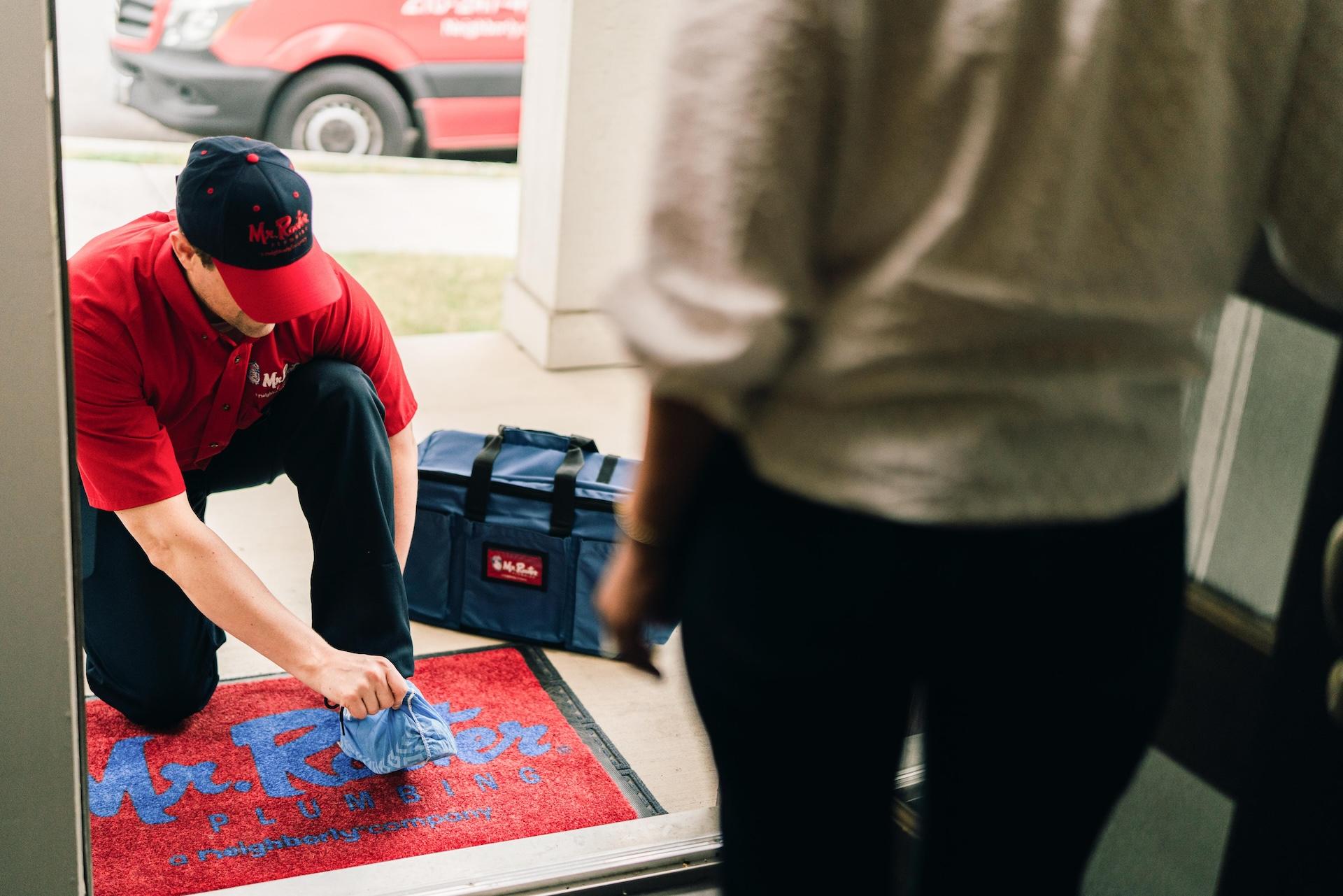A leaking faucet is often due to worn-out washers, O-rings, or seals within the faucet assembly. While these issues can usually be fixed with simple repairs, ignoring them can lead to higher water bills and further damage over time.
Call This Wednesday to get $50 Off
Call us Now to Get $50 OFF.
Ratings based on 1562 reviews
Local Plumbers, Local Reviews


